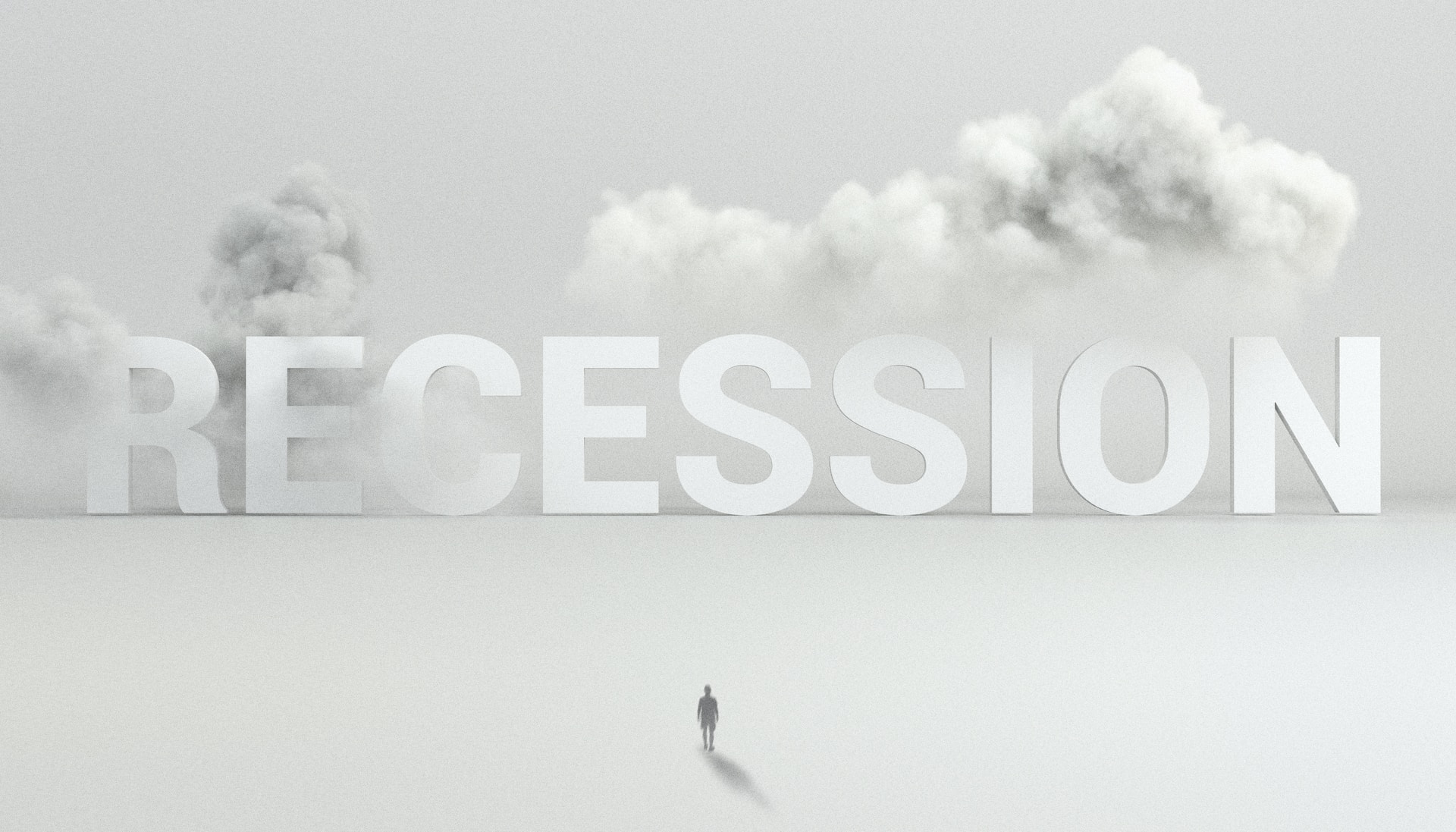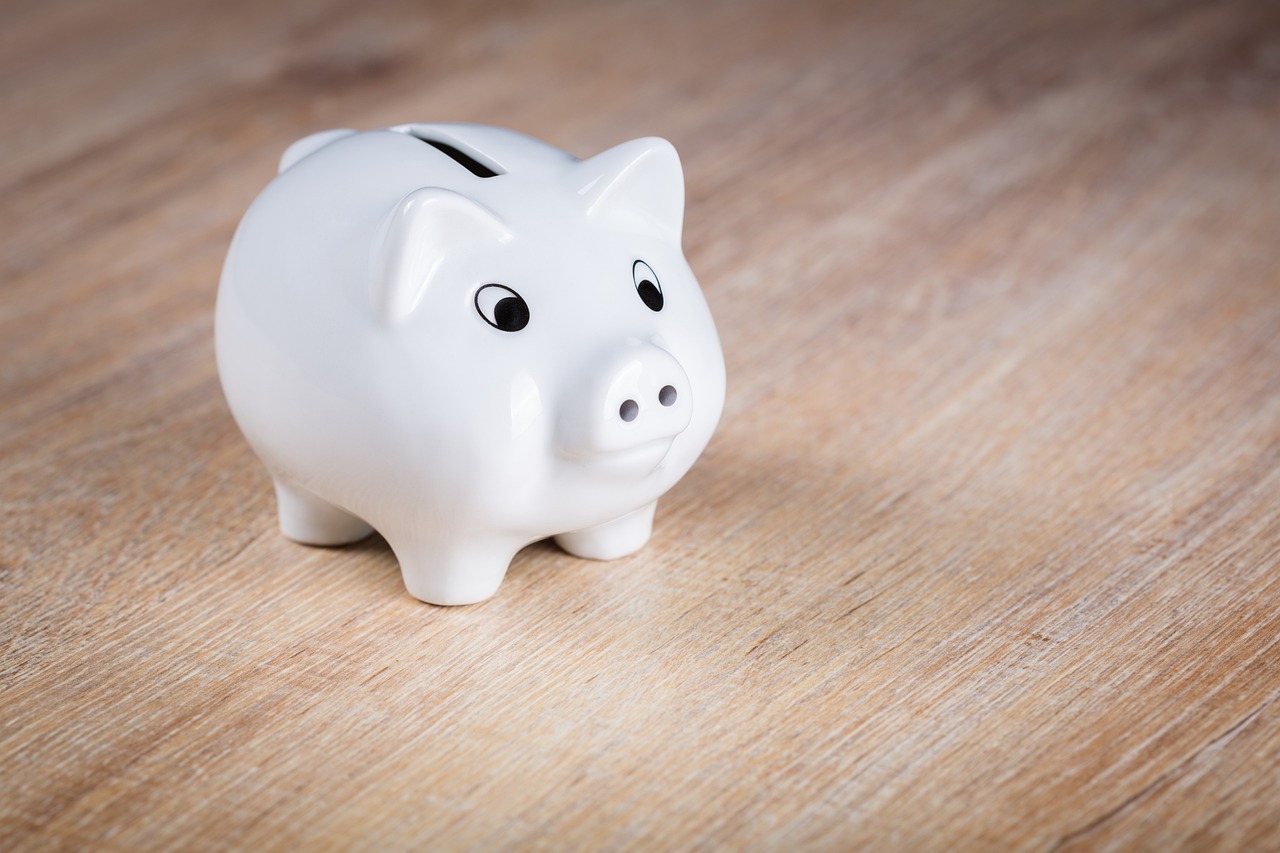Recessions. The time when your hard-earned cash decides to play a game of hide-and-seek without asking your permission. For some, a recession feels like a bad hair day – messy, unpredictable, and leaving you thinking, “Why didn’t I invest in that hat business?” But fear not, dear reader! Let’s dive into the marvelous world of personal finance during a downturn. And trust me, it’s just as fun as finding that single sock missing from your laundry.
1. Build an Emergency Fund (Or Your “Oh-Crap” Money)
Yeah, yeah, we’ve all heard this one. An emergency fund is like that annoying friend who reminds you to take an umbrella when there’s a 0.01% chance of rain. Guess what? That friend is right, especially when it comes to economic drizzles.
Here’s a novel idea: Instead of splurging on that 47th mug that says “Mornings Suck” (which, by the way, you only use twice a year), consider saving that money for when life genuinely does suck. Three to six months of living expenses is the gold standard. It’s the financial cushion you can fall back on when the going gets tough and your paycheck goes on a brief vacation.
2. Diversify, Diversify, Diversify (No, It’s Not a Dance Move)
All your eggs in one basket? Darling, even chickens know better. If your investment portfolio looks like a one-trick pony, it’s time for a serious makeover. Mix it up with a variety of investments: stocks, bonds, real estate, maybe even some precious metals if you’re feeling particularly shiny.
During recessions, while some sectors take a nosedive, others might just float serenely. Diversification doesn’t guarantee profits or prevent losses, but it can prevent a total meltdown. Think of it as putting on both a belt and suspenders. Overkill? Maybe. But hey, at least your financial pants won’t fall down in public.
3. Cut Down on “Essentials” (Like That Monthly Sasquatch Sighting Magazine)
We all have them: subscription services that seemed like a great idea at the time. Maybe you’re a fan of obscure Himalayan tea or have a soft spot for artisanal paperclips. Now’s the time to take a hard look at what’s truly essential.
This doesn’t mean living on instant noodles (unless that’s your thing). It’s about finding the balance between “I absolutely need this” and “I once thought I couldn’t live without this, but it turns out I was dramatically wrong.”
4. Keep Calm and Don’t Panic Sell (Even When Everyone Else Is)
A recession can make the stock market look like a roller coaster designed by a caffeinated squirrel. Prices drop. People panic. The urge to sell everything and stuff your money under a mattress (or invest in rare Beanie Babies) becomes overwhelmingly strong.
Resist! Historically, markets recover. Selling when prices are low is like throwing away half-eaten chocolate – a waste. Stick to your long-term strategy. And if you really need to make changes, consult a financial advisor, not your neighbor who’s convinced the economy is controlled by aliens.
5. Avoid the Debt Dungeon (and the Dragons that Come With It)
Got a credit card? Lovely! They’re like those tiny dessert forks – useful, but dangerous in the wrong hands (or mouths). During a recession, it’s even more critical to avoid piling up debt. Think of high-interest rates as those clingy friends: once they latch on, they’re really hard to shake off. Instead of diving headfirst into debt, try budgeting. Yeah, it sounds about as fun as a root canal, but it’ll keep your finances in check.
6. Upskill: Because Recession Doesn’t Mean Resting
Ever wanted to learn underwater basket weaving? Maybe not. But how about a course in digital marketing or graphic design? Recessions can be a rough time for job security. But hey, when life gives you lemons, make lemon meringue pie! (Or just lemonade, if you’re feeling lazy.) Use this time to learn something new, switch careers, or even start that side hustle. You’ll not only be hedging against job loss, but you might discover a newfound passion. Plus, it’s always fun to flaunt those new skills at parties.
7. Negotiate Like You’re in a Bazaar (Because Why Not?)
It’s astonishing what you can negotiate if you just ask. Rent, credit card interest rates, monthly subscriptions — all fair game. Pretend you’re in a bustling marketplace, channel your inner haggler, and you might just snag yourself a better deal. And if they say no? Well, you’re no worse off than before, but at least you tried. Bonus points for dramatic flair.
8. Avoid the Latest Financial “Magic Beans”
In uncertain times, it’s amazing how many “guaranteed” get-rich-quick schemes pop up. They’re like weeds, but less useful. Remember, if something sounds too good to be true, it probably is. Unless it’s a buy-one-get-one-free ice cream deal – then it’s just heaven.
9. Stay Informed, But Don’t Obsess
While it’s essential to know what’s going on in the world, doomscrolling every financial news site 24/7 will do you no favors. Instead of giving into anxiety-induced click frenzies, choose a few trusted sources and set aside specific times to catch up. Otherwise, you’ll be diving deep into conspiracy theories about how recessions are caused by cats (they’re not, by the way… or are they?).
10. Lastly, Remember It’s Temporary
Like that godawful 80s hairstyle, this too shall pass. Recessions, by nature, are cyclical. Economies go down, but they also go up. It might seem endless, but with smart moves and a bit of humor, you’ll not only survive but thrive.
And there you have it! Your super serious guide to staying afloat during a recession, sprinkled with some (hopefully) entertaining nonsense. Remember, personal finance isn’t just about numbers; it’s about making wise choices, sprinkled with a bit of laughter. Now, go out there and conquer that recession – just don’t forget your umbrella. 😉
Extra Pro Tips: Because Life’s Too Short for Mediocre Advice
- Be a Savvy Shopper
There’s a difference between being cheap and being frugal. Look for deals, discounts, and second-hand items, but always prioritize quality. If you buy cheap, you might end up buying twice.
- Automate Your Savings
The future you will silently thank the present you if you set up automatic transfers to your savings account. It’s like a surprise gift to yourself, every month!
- Cut Down the Coffee (Gasp!)
Yes, we love our artisanal lattes. But those daily trips to the café add up. Try brewing at home sometimes. If you miss the fancy names, just call your homemade coffee “Double Whip Caramel Cappu-Yummo” or something.
- Health is Wealth
Skipping regular check-ups or not buying essential meds to save money? Bad idea. In the long run, neglecting your health might cost you more, both financially and physically.
- Network, Network, Network
Jobs can be scarce during recessions, but opportunities are still out there. You just need the right connections. Join groups, attend seminars (even virtual ones), and put yourself out there. Just remember: Social distancing doesn’t mean professional distancing!
- Plan Meals Ahead
Eating out or getting delivery might seem like small expenses, but they accumulate quickly. Plan meals, buy in bulk when possible, and embrace the art of cooking. If your culinary skills are limited to boiling water, now might be a good time to expand. You may also check our Food section for tips on cooking.
- Limit Luxuries
Instead of getting a massage or visiting a spa, try DIY relaxation techniques at home. There are plenty of YouTube tutorials on self-pampering. You’ll save money, and who knows, you might discover a hidden talent.
- The Library is Your Friend
Why buy books, magazines, or even movies when you can borrow? Libraries might seem old school, but they’re treasure troves of free entertainment and knowledge.
- Plant a Garden
This isn’t just for those with green thumbs. Even a small balcony can house pots of herbs or vegetables. It’s therapeutic, and you save money on fresh produce.
- Stay Positive
A positive attitude doesn’t pay the bills, but it sure makes them easier to handle. Surround yourself with optimistic, supportive people, and remember: Every downturn has an upswing.
FAQs: Recession-Proofing Your Life
While it’s tempting to consult a crystal ball, the truth is, the length of a recession varies. Historically, recessions have lasted anywhere from several months to several years. The average is about 11 months. But remember, every recession is unique, just like your aunt’s questionable tuna casserole.
Ha! If only it were that simple. Diversifying your investments means spreading your money across different types of assets (like stocks, bonds, real estate) to reduce risk. While lottery tickets might promise riches, they’re not a sound financial strategy. Unless, of course, your strategy is hoping for magic.
While having a cushion of cash is advisable, especially for emergencies, keeping ALL your money in cash isn’t the best strategy. Inflation can erode the value of your money over time. A mix of liquid assets (like cash) and investments is generally a safer bet.
Gold often gets attention during economic downturns, mainly because it’s seen as a “safe-haven” asset. While gold can be a part of a diversified portfolio, putting all your eggs (or golden nuggets) in one basket isn’t advisable. Consult a financial advisor for a tailored approach.
While no job is 100% recession-proof, there are steps to make yourself more indispensable. Upskilling, networking, and diversifying your skill set can go a long way. Also, consider fields that tend to be more stable during economic downturns, like healthcare or utilities.
It might sound odd, but yes! Recessions can present buying opportunities, with lower prices on everything from homes to stocks. They can also spur innovation and encourage individuals to reevaluate and adjust their financial habits for the better. After all, necessity is the mother of invention.
While tightening the belt is wise, halting all spending isn’t. The economy relies on consumers spending money. It’s about balance: prioritize essential expenses, cut out frivolous ones, but don’t be afraid to spend where necessary.



